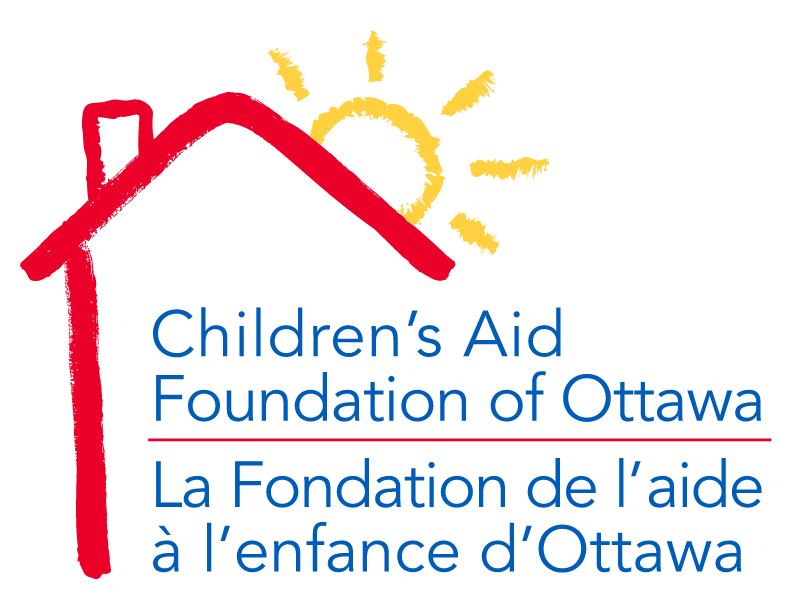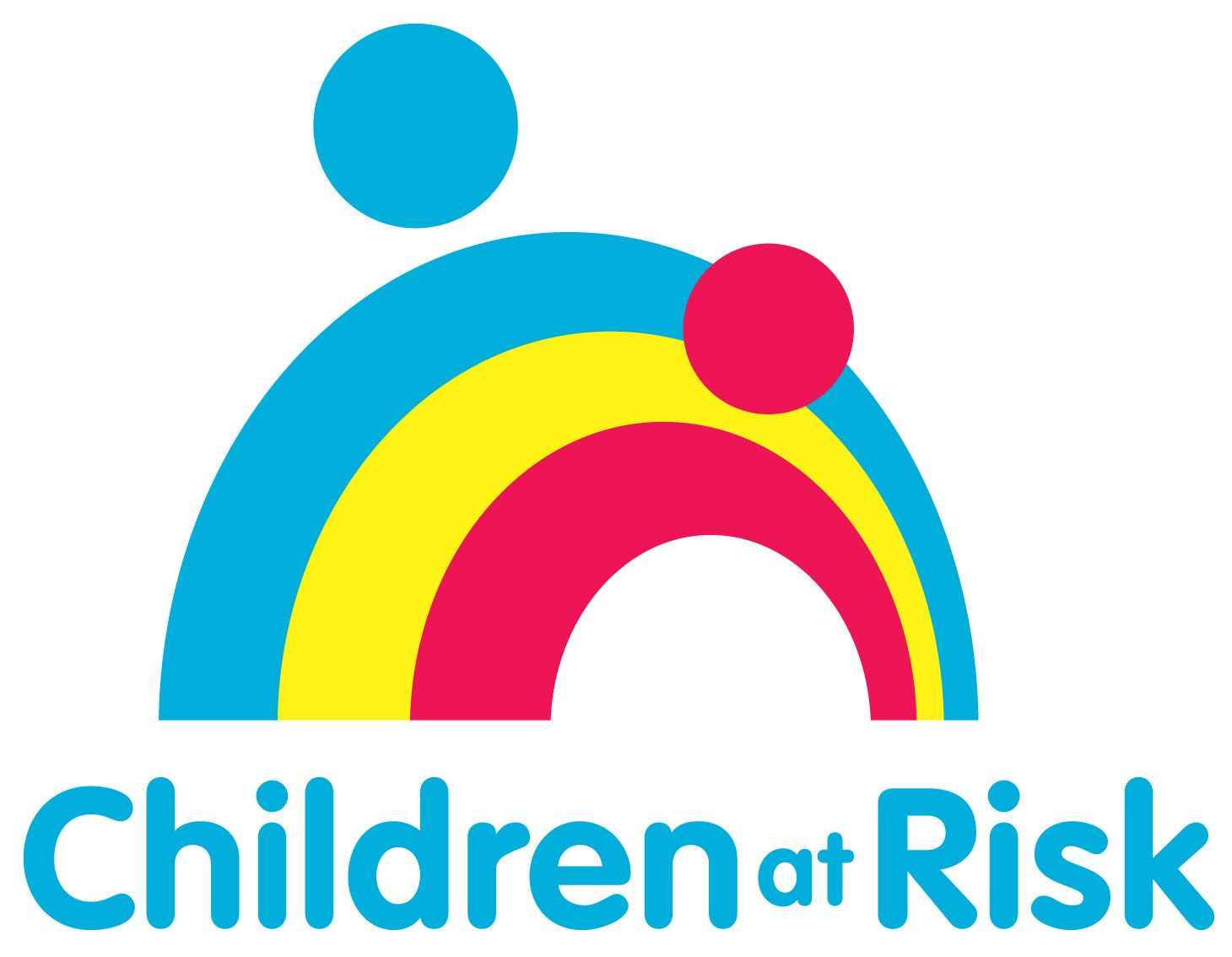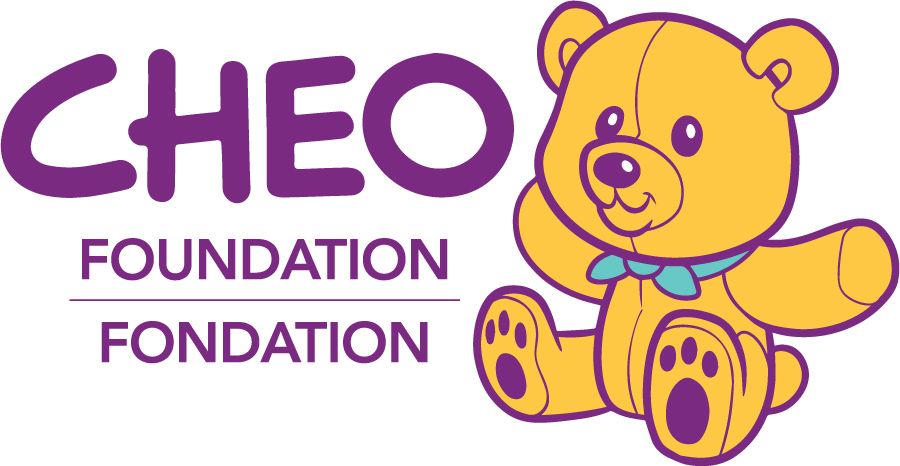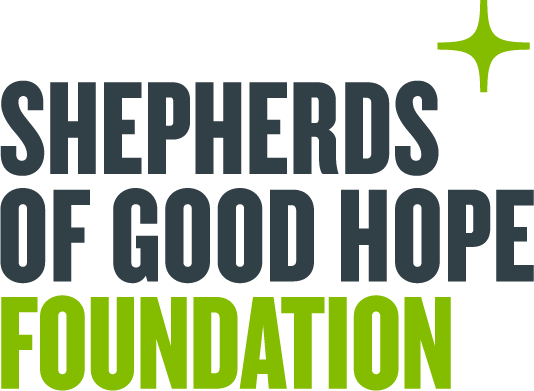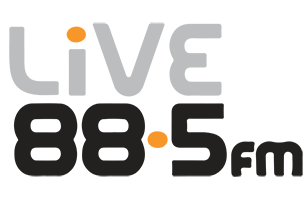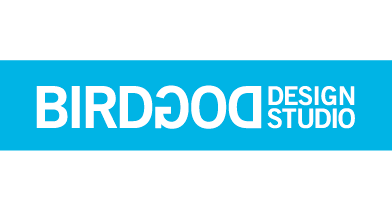Happy Autism Acceptance Month!
This month is a perfect opportunity to celebrate the amazing diversity of our brains. Neurodiversity is completely natural and Autistic brains work how they are meant to. Autistic people are pros at authenticity and they make amazing contributions to culture, work, and social dynamics.
A few great ways to celebrate Autism Acceptance Month:
- Ask your Autistic friends or family to infodump to you about their special interests
- Learn more about Autism and Neurodiversity
- Listen to Autistic Voices
Why Acceptance
We recently celebrated World Autism Awareness Day. It’s essential to have both Autism awareness and acceptance. Awareness is a strong starting point. This is Autistic people seeing themselves represented on TV and knowing there are other people like them. It’s people educating themselves by listening to Autistic voices so they can support their Autistic family or friends.
But awareness without acceptance can be dangerous. Especially to a community that faces higher rates of discrimination, social exclusion, and trauma like the Autistic community. It could heighten those struggles if we don’t also have Autism acceptance.
Our society is not set up for Autistic people to thrive. A lot of Autistic people struggle with sensory overwhelm, unemployment, and social stigma. Many Autistic people mask their Autistic traits for this reason, which can lead to Autistic burnout and take a massive toll. Plus, they are not able to show up in the world as their authentic selves. That’s why acceptance is important.
We’re doing this to create spaces where people can be themselves and unmask!
The Neurodiversity Movement
The Neurodiversity movement is a great place to find Autism acceptance out in the wild, along with acceptance of all other neurotypes. This movement teaches us that Neurodiversity is a natural phenomenon, not something to be changed or cured. It views Autism as a difference in functioning with unique strengths and struggles instead of a deficit. Instead of pathologizing the traits, it says those struggles often come from social stigma or living in an inaccessible world and not Autism itself.
It also asks an important question. What strengths do Autistic people bring to the table? An Autistic person who grew up being ostracized in social situations may grow up into someone who NEVER makes people feel like that. They become a safe person to be weird and authentic to and inspire their friends to be themselves. Or someone whose Special Interest matches their career can be highly educated in that topic, all thanks to their Autism.
It also asks us to rethink what we have learned is the right way to do something. Verbal communication is often the expected communication mode with asking follow up questions and making the right facial expressions. But text-based communication is also great, and so is Augmentative and Alternative Communication (AAC) like speech boards. Neurodivergent people are often better at communicating with other Neurodivergent people, and the same goes for Neurotypical people. None of these communication types are bad, they're just different.
Autistic people have been huge champions of the Neurodiversity movement. They help educate people about autistic traits and encourage natural behaviours like stimming. With the popularity of the internet, a lot of Autistic people have been able to find community and other people like them. It’s a beautiful thing.
With Autism acceptance, more Autistic people can be free to be themselves and unmask. Armed with the knowledge that there is nothing wrong with the way their brain works, they can thrive. In a movement like this, small actions matter. Educating yourself or being a safe person to unmask around can make a huge difference to the Neurodivergent people you may know.
Further Reading
Learn more about Autistic culture like infodumping and special interests
Neurodiversity Affirming Practice: Core Principles
How "unmasking" leads to freedom for autistic and other neurodivergent people


